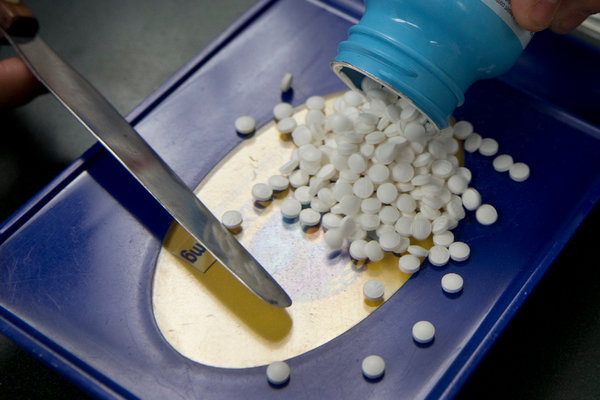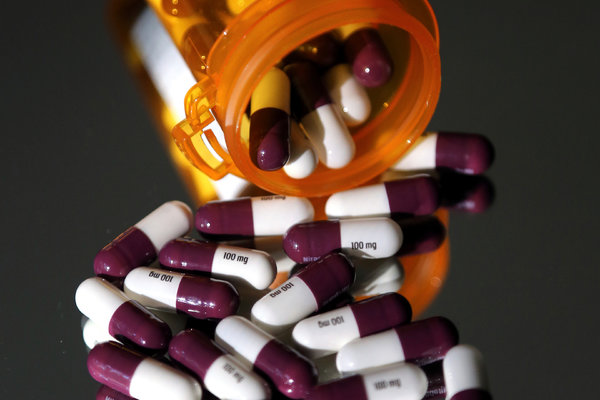The insurance giant UnitedHealthcare said Tuesday that it will expand a program that passes drug discounts directly to consumers, a move that could lower costs for many who have struggled with high deductible payments and other out-of-pocket expenses.
United said the plan would take effect next year and would be required for all new employer clients, although existing clients would be permitted to continue under the older system. Those clients will be “encouraged” to adopt the new plan when their contracts expire, but will not be required to do so, according to Matthew Stearns, a spokesman for OptumRx, the pharmacy benefit manager that is owned by United.
Other insurers have offered employers the option to apply the after-the-fact discounts, called rebates, to consumers’ out-of-pocket expenses, but United appears to be the first major insurer to require it of new clients.
“This expanded point-of-sale discount program demonstrates our commitment to delivering better prices for consumers,” John Prince, the chief executive of OptumRx, said in a statement.
[Like the Science Times page on Facebook. | Sign up for the Science Times newsletter.]
Rebates have come under harsh criticism and are blamed for helping to push up the list price of drugs, which consumers are increasingly responsible for paying. Even though insurers and employers pay a lower net price (after rebates have been accounted for), many consumers have been forced to pay the equivalent of a drug’s list price at the pharmacy when they have not yet met their annual deductible, or when their plan requires that they contribute a percentage of a drug’s price.
As consumer anger over drug prices has grown, pharmaceutical companies and insurers have increasingly pointed fingers at each other, with drug companies accusing insurers of profiting from their share of the rebates they collect, while insurers say the manufacturers are the ones that decide what a drug costs. Both industries have come under scrutiny by the Trump administration and members of Congress, and have struggled to show that they are doing something to address the issue.
In January, the Trump administration proposed a similar move for government health care programs like Medicare. Under the proposed rule, pharmacy benefit managers — the intermediaries that negotiate with drug makers on behalf of insurers and employers — would lose the legal protections that allow them to accept rebates from drug companies for brand-name drugs covered under the Medicaid and Medicare government programs. Any such discounts would instead have to be credited at the pharmacy counter when patients filled a prescription.
United said its analysis of employers who have voluntarily adopted such a program shows that consumers are more likely to fill their prescriptions, which can improve their health. The company also said the existing voluntary program, which began this year, has lowered drug costs for consumers by an average of $130 per eligible prescription.
Employers and insurers have typically used rebates to lower premiums for all members, and under the Trump plan, Medicare beneficiaries’ drug-plan premiums are expected to rise slightly.
Mr. Stearns, the OptumRx spokesman, said that the company expects the new requirement will result in “modest increases” in premiums, which he said would be in the low single digits. “But it will also put money back in consumers’ pockets,” he said.





